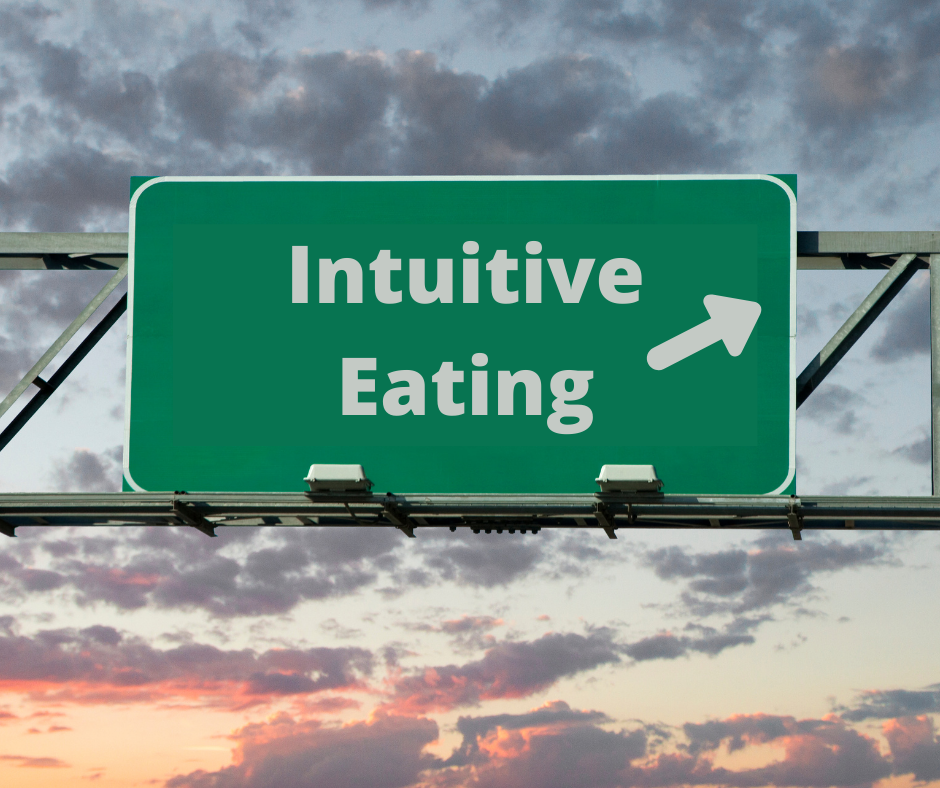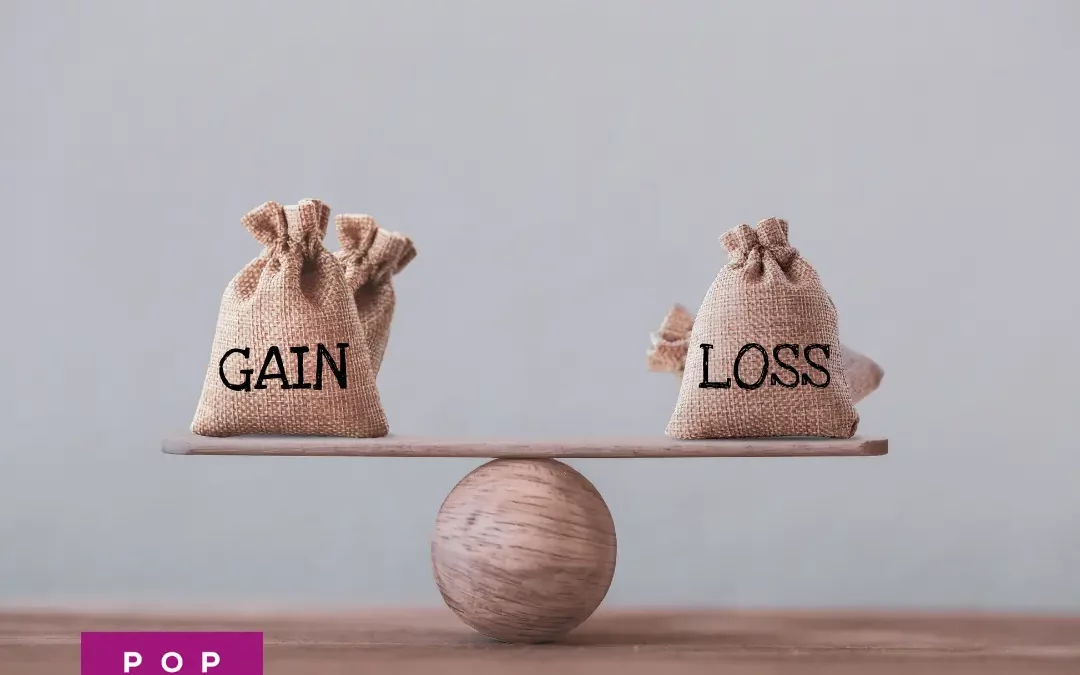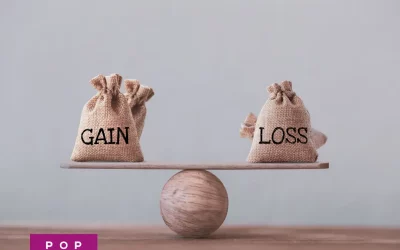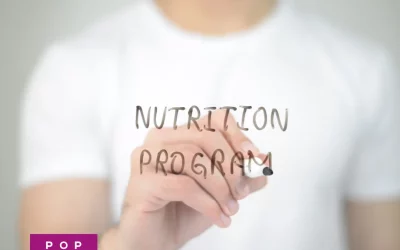Yesterday, I posted on my personal FB profile a question about Intuitive Eating that sparked an interesting discussion.
Many people chimed in with their opinions about what Intuitive Eating (IE) is, how to accomplish it, or how they aspire to get there one day.
While some view IE as the gold standard of nutrition …
Others feel like in this current food environment that we live in that IE isn’t even possible.
What I’ve found is that most people actually don’t understand what IE truly is.
So, it’s tough to have a discussion around a certain topic when most people aren’t even talking about the same thing!
Therefore, the first order of business is actually explaining IE and its core principles.
What IS intuitive eating?
Rather than writing it all out, I decided to record a podcast episode on the topic.
Click here to listen on iTunes
You can also search Mind Over Macros on any podcast platform (it’s episode 140).
Now, for my unsolicited opinion on IE …
The principles of IE have been demonstrated in research to lead to healthier weight maintenance, overall body satisfaction, and well being.
IE practices the removal of food rules or “conditions,” and we know that dichotomous thinking around food is strongly correlated with restrict/binge cycles and weight gain.
Most people think that IE simply means “eat whatever you want.”
I mean, what I really WANT to eat is pizza, fries, ice cream, peanut butter, and sandwiches all day.
That’s not at all what IE is about.
Yes, there are no food rules and no foods are off limits.
However, that doesn’t equate to a total free-for-all when it comes to your food choices.
IE means eating when you’re hungry and stopping when you’re full.
IE means honoring your health, foods that make you feel your best, and honoring your palate.
IE means eating mindfully.
IE means coping with emotions with kindness and not using food as an emotional crutch.
IE means eating with weight neutrality in mind (i.e. weight loss may be a byproduct but it is not the goal).
Intuitive Eating is backed by research and has strong supporting evidence in its effectiveness.
BUT … and this is a big BUT …
A well-rounded approach to nutrition is best
IE is not something that anyone can just jump into without proper guidance, understanding, and/or education.
The conversation should not be about whether IE is superior or inferior to something like tracking macros.
The conversation should be about practical application for each individual.
Everyone would benefit from having both skills (tracking AND intuitive eating).
That way, you can use the proper method for YOU during different phases of your life and to accomplish different goals.
Being well rounded in your nutritional approach is important.
No one should always be a slave to the numbers.
Just like no one should operate with a total lack of awareness around food quality, portion sizes, food labels, etc.
Both IE and tracking have their time and place.
We coach clients to develop both skills when it’s appropriate for them … as individuals.
That’s why when our clients graduate from coaching, they have the skills to be successful for the rest of their lives.
Isn’t that the ultimate goal?
Be cautious of one trick ponies.
And don’t be afraid to ask for help!







